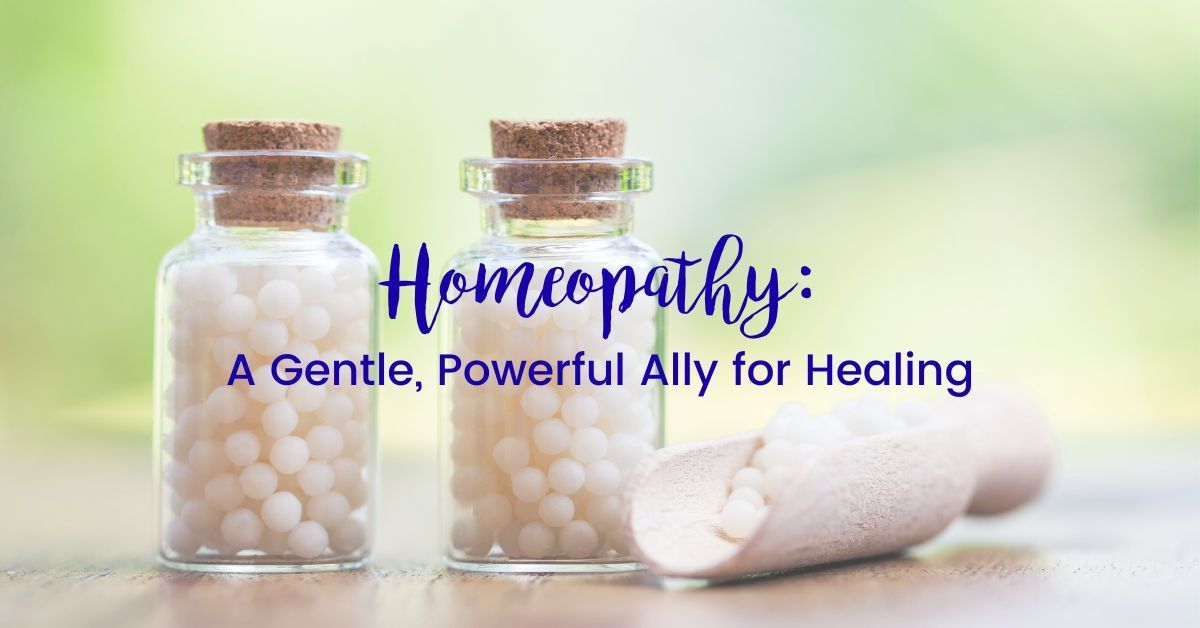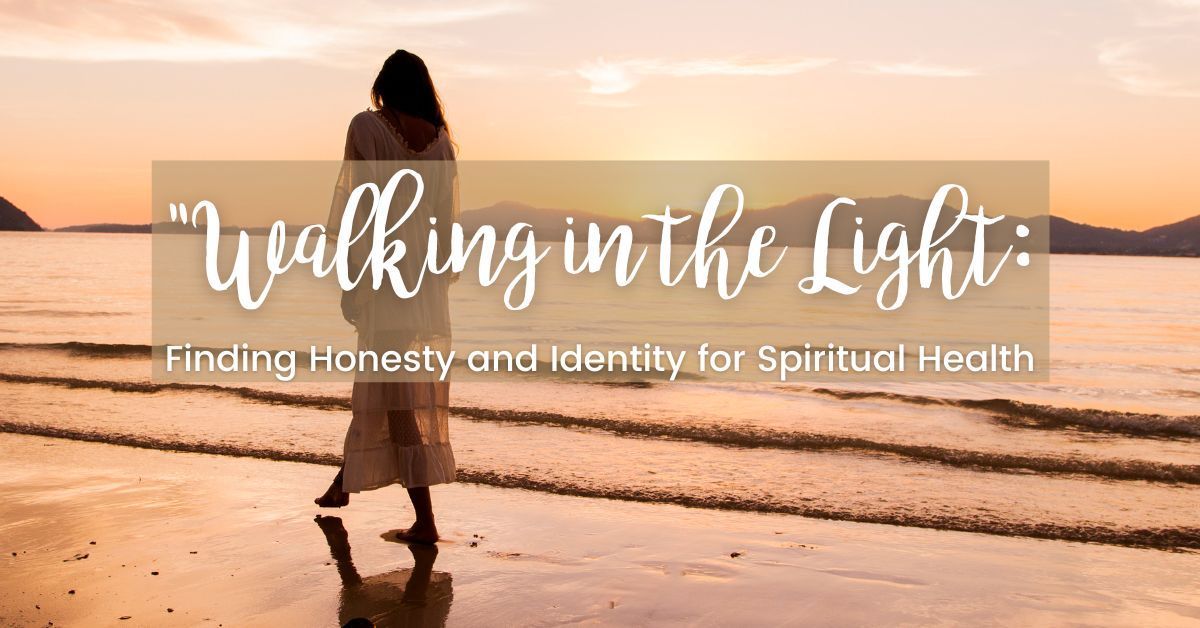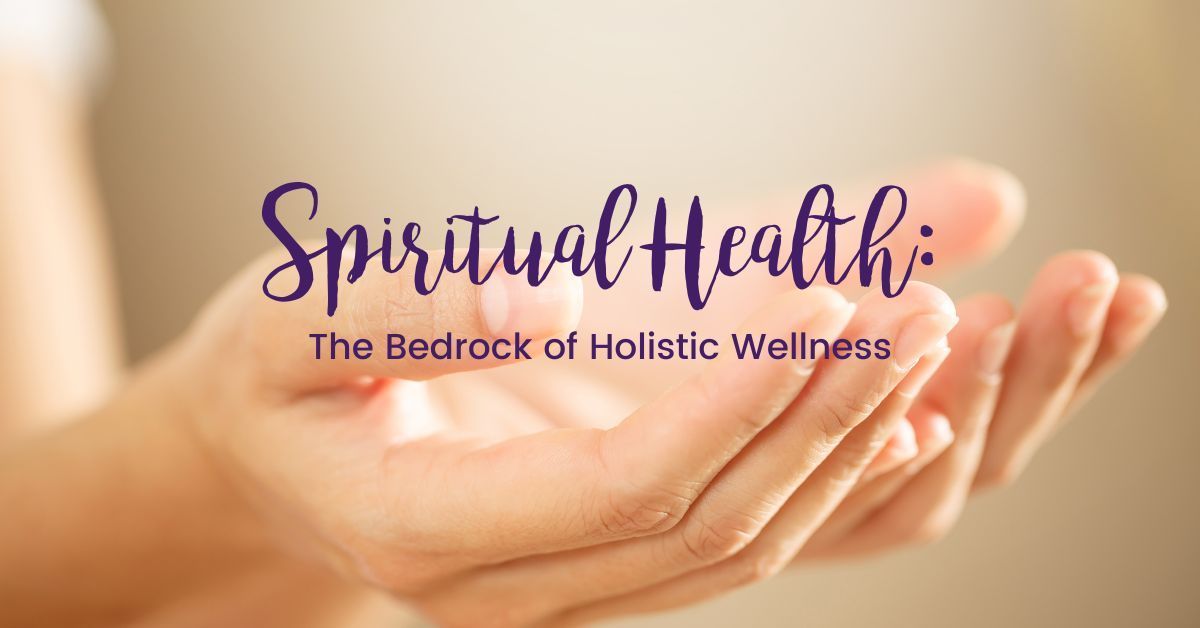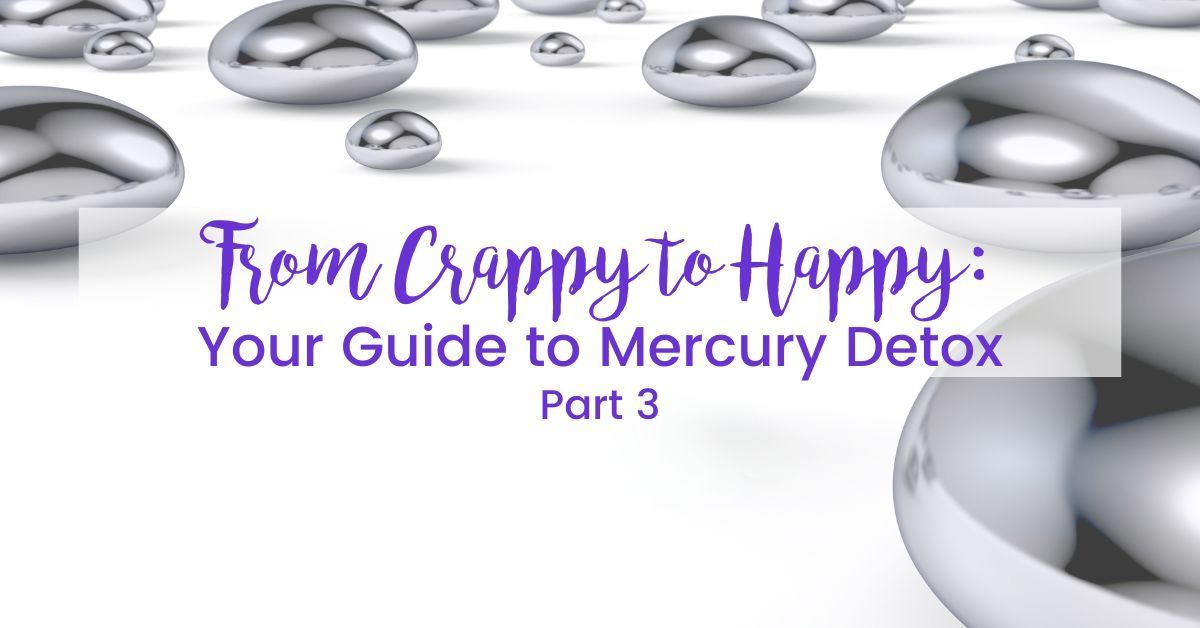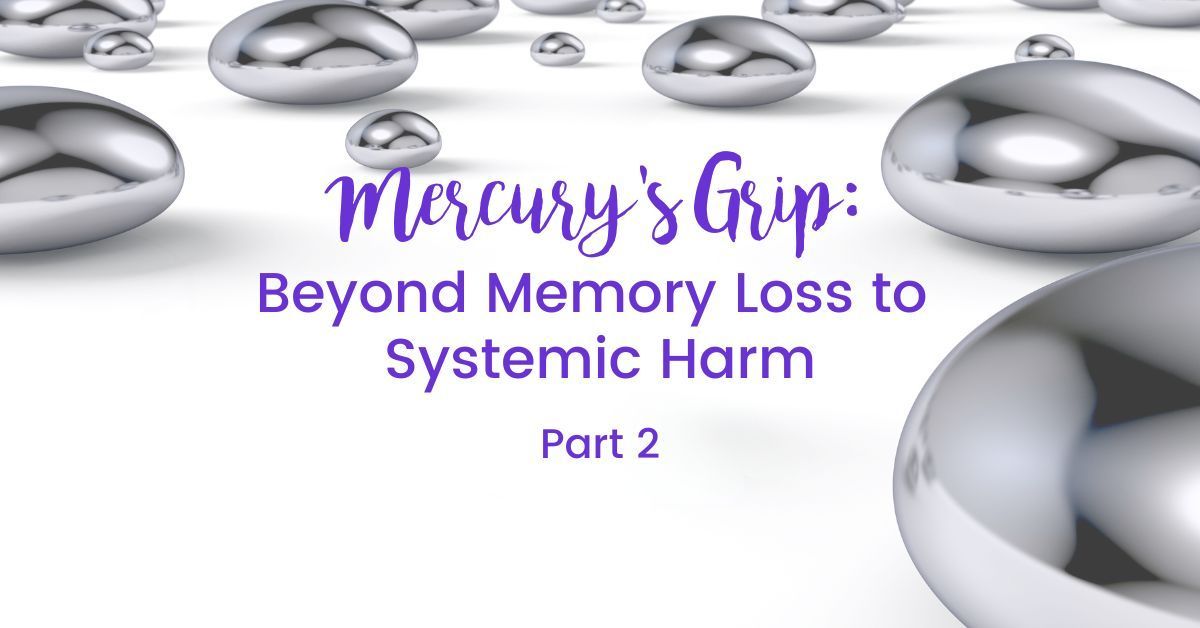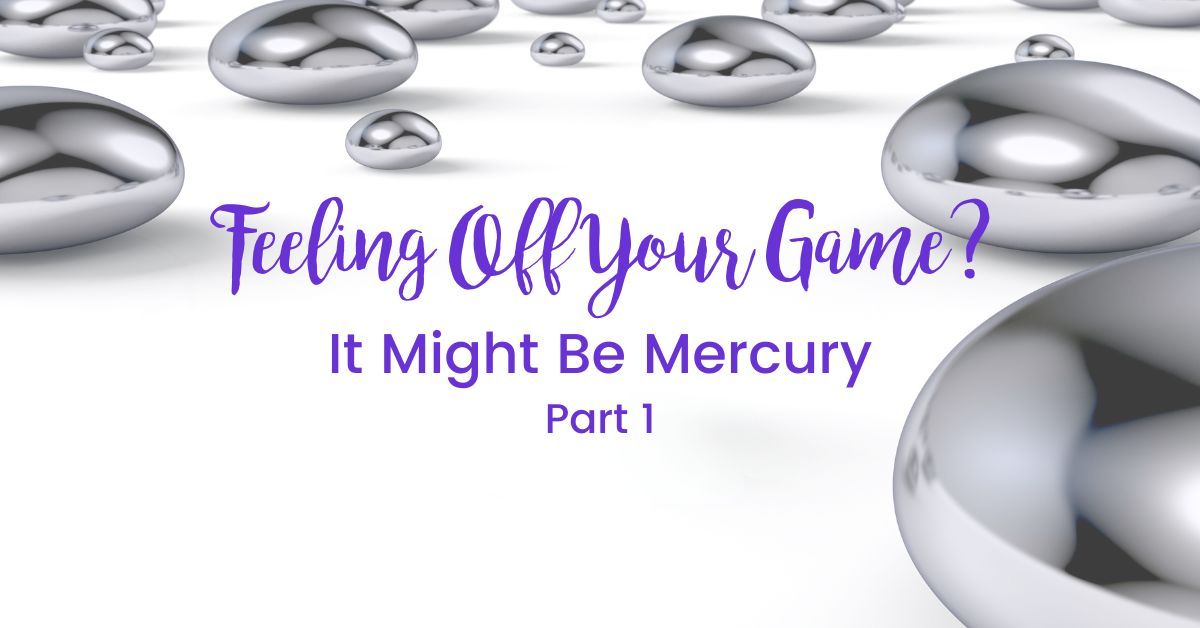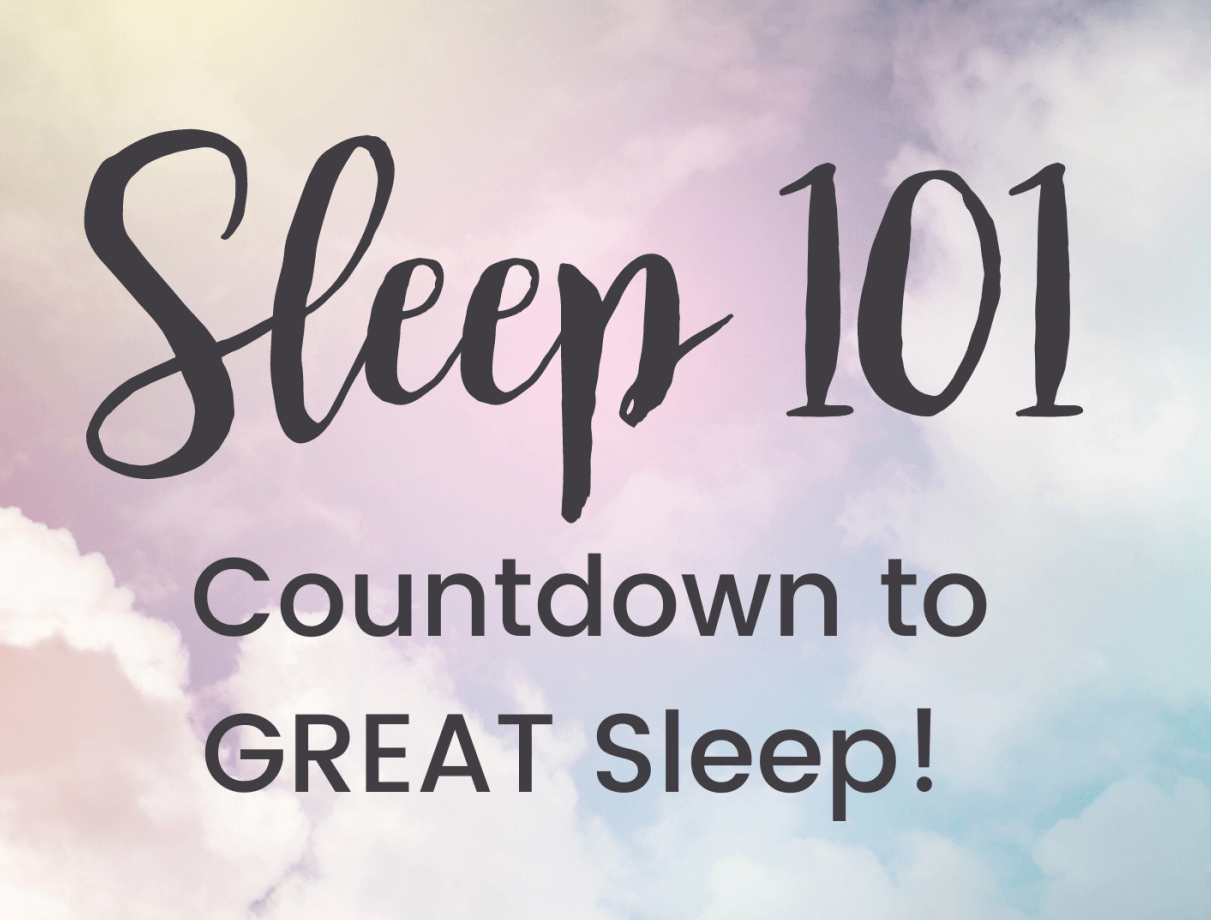
DISCLAIMER: This information is for educational purposes and not intended as medical advice. Please consult a health professional should you feel the need for one.
Sleep 101
Did you sleep well last night? Do you usually sleep well but have had difficulties lately getting enough good rest? If you haven’t been sleeping well, know that you aren’t alone. There are an estimated 60 million Americans that have chronic sleep disorders. The impact lack of sleep has on your body is tremendous. Lack of sleep affects every organ of the body:
Pancreas - diabetes
Cardiovascular - heart rate variability, hypertension, and higher risk of stroke
Muscular - slower reaction time, decreased accuracy, tremors, and aches
Gastro-intestinal system - leaky gut, difficulty digesting
Nervous system - irritability, impaired cognition, higher levels of depression, higher levels of anxiety, memory lapses or loss, impaired moral judgment, decreased creativity, increased stress, and symptoms associated ADHD
Other things that are associated with lack of sleep are:
Increased risk of breast, prostate, and colorectal cancer
Growth suppression (children need a lot of sleep to grow at an appropriate rate)
Risk of obesity and inability to lose weight
Decreased body temperature
Higher risk of injury
Impaired immune system
Disruption of circadian rhythm
Accelerated aging effects.
So how much sleep do we need? Typically, someone who is going to be watching this is probably an adult from 18 to 64 years old. People in this age group typically thrive on seven to nine hours of sleep. Older adults tend to need seven to eight hours. Younger people have a greater need for sleep. Teenagers should be getting 8-10 hours of sleep, and school age children 10-13 hours daily. Young kids 2 to 5 years old do best with 11-14 hours and toddlers and infants require 14-17 hours of sleep each and every day.
If you have a teenager or young adult living with you, remind them that they do need a good amount of sleep. My son at age 19 is not getting as much sleep as I would prefer that he get, but that's up to him at this point. It still doesn’t prevent me from reminding him. When he doesn’t get enough sleep he won’t be as healthy nor will he be able to achieve all he wants to because his body just won’t let him when he’s too tired.
What does our body do while we sleep?
Each different organ system goes through its own time of detoxification, growth, regeneration and restoration while we rest. Healing and growth need to take place during sleep and we need to make sure we get plenty of it.
Sleep strengthens our immune system. Why else do we want to sleep so much we're sick? It's a way your body's trying to protect itself so that it can get the immune system working properly.
Information processing and memorization are done while we sleep. This surprised me when I learned it but I love it! When I was in college (a long time ago) a lot of my friends would stay up and do all-nighters to study for exams. I figured out very quickly that all-nighters don’t work for me. Instead of staying up late I would go to bed around 10:30 or 11:00 and wake up maybe at 3:00 or 4:00 in the morning to go over my notes one more time. I feel that may be one of the reasons I was able to do so well in school was because I listened to my body, and got the sleep I needed for my brain to grab onto the information and be able to appropriately process it. If you are having a hard time memorizing something you may just need a bit more sleep.
Hormone release takes place when we sleep at night. Many people have problems with hormone imbalances, and there are a lot of hormones that the human body requires. If you are experiencing hormone imbalances you are probably also having a hard time sleeping. An imbalance in hormones can greatly influence emotions. Are you in a happy mood or are you in a crappy mood? Consider sleep patterns when emotions are imbalanced.
Throughout the night our body's working on its systems. You can look up “Chinese Body Clock” online and find a lot of information on the topic. How well you sleep during various times at night can help or hurt various body systems, or be a “wake up call” that there is an organ system that needs a little extra attention and support.
The endocrine system (hormone balance) is center stage and the body’s #1 priority from 9:00 pm to 11:00 pm. Are you getting to bed after 11? You may not be giving your endocrine system a chance to relax, rest and rejuvenate the way that it needs to. The gallbladder is priority from 11:00 pm to 1:00 am and the liver from 1:00 am to 3:00 am. The lung takes center stage from 3:00 pm to 5:00 am. I just talked to a client the other day that was having a problem with waking up at 3:00 every morning. We discussed what could be done to help support the lungs. She worked on it and is sleeping through the night again. The large intestine takes precedence from 5:00 am to 7:00 am. Do you consistently wake up at a certain time every night? Then consider the organ that is doing its detoxification and regeneration at that time and decide how you want to support it. You may find this to be a big help in getting consistent all-night-long sleep.
BABY STEPS TO GREAT SLEEP
#5 Set the Stage
Keeping your bedroom for sex and sleep only is really a good thing. Don't use it as an office or an exercise room. Well, sex can be exercise too, but I’m talking about having workout equipment in that space. Sex is good exercise but doesn’t count in this context.
A cool environment is really important. It's recommended that the temperature be 63 to 73 degrees Fahrenheit for optimal sleep. Keeping the bedroom cooler is actually going to help support deeply restful sleep.
Dark rooms tell our bodies it is night and time to sleep: the darker, the better. I used to travel a lot for business. And there were times when I was just exhausted and I'd go into a room at the hotel to sleep and there are so many lights inside the room - a light on the refrigerator, a light on the TV, a light on the coffeemaker, a light on the smoke detector, and so on. I would go around the hotel room covering up as many of the LED lights as I could so it would be dark. There were times that I would put a rolled-up towel at the base of the door to keep the light from coming through. Because it was a new environment my senses were in protection mode and hyper-vigilant. Making the room dark told my brain that there was nothing I needed to see and that I was safe to fall asleep.
Put your phone and your computer away. If you need to have the phone in your room, then turn the phone off. Put it screen down and at least 6 feet away from you at least.
Silence is golden! Using a white noise machine or ear plugs can be useful when you can’t control the noise in the room. I don’t recommend ear plugs be used daily. Your ears need air circulation to remain healthy.
Consider keeping pets and children out of your room. Not everybody should have their children or their pets in their room. And if they are disrupting your sleep, maybe that's something you want to examine. Keep distractions out of the bedroom.
#4 Live Life Well
During the day, drink enough water. It is vitally important for sleep that you drink adequate water for your body every single day. It's a big thing that I focus on with my clients. Half of your body weight in ounces of water is a good amount of water to have daily. Don't just start drinking that much if you are far from the target volume. If you haven't been drinking enough, work up to the right amount slowly. It will give your kidney and bladder time to adjust and be much more comfortable with the change.
Eat whole real natural food. Avoiding processed sugar is very beneficial for your health. Sugars can mess with the way your body sleeps. And when you have whole, real, natural food you have all the enzymes and balanced nutrition going into your body. It’s going to give you the best opportunity for good sleep and detoxifies and regenerates properly.
Fun sweaty activity 20 minutes a day. I don't like calling it “exercise” because I don't want you to think that I mean that you have to do something strenuous at the gym. Fun sweaty activity could be as simple as a 20 minutes of walking daily. You don't have to do strenuous activity but get some motion going.
Sunshine 20 minutes a day. Yes, I know it's harder during the winter in colder environments, but sunshine is very important for your day. When we get that 20 minutes of sunshine daily it helps your body connect with the circadian rhythms of sun up and sun down. That's the way our bodies are created by God to work within His beautiful system.
Grounding is another great way to be in touch with the earth and sync with the rhythms of nature. Grounding is basically bare skin touching soil, rocks or grass, or leaning against a tree, or gardening with your bare hands. The key is to be connected with the electrical energy of the natural earth.
#3 Timing Matters
Being consistent with both sleep and awake times is vital for your body. You may be saying, “I don't get tired until 12:30 at night one night and the next it could be 2:00 am.” If you have very inconsistent sleep patterns, just choose a bedtime and stick with it. It may take a couple of weeks to create consistency, but you can train your body to recognize that it’s time to shut down and get to sleep. Once you have established a consistent time but want to get to be earlier, move your bedtime 20 minutes earlier every few days to create a new bedtime and new 20 minute earlier wake-up time. It’s best if your sleep time coincides with the times the sun comes up and when the sun goes down.
Stretch before bed for 5 minutes. That five minutes of stretching can be impactful in getting your body ready for bed and relaxation.
If you aren't able to get good sleep at night and find yourself tired all day why not try taking a 15 to 20 minute nap. The best time to nap is between noon to 6:00 pm. That timeframe offers more restful sleep than any other time frame in the entire day. Be aware though that short naps are better than long ones, unless your body is ill and needs immune support. If that’s the case, sleep when you need to sleep.
Consider eliminating certain things as you get closer to bedtime. Some to scrutinize would be caffeine, alcohol and tobacco. Something else that may be important to take into account is strenuous exercise. Stopping eating a couple hours before bed is a much better way to let your digestion work. Digital devices and their blue screens cause our bodies to think of the blue light of day and tell us that it’s not time to sleep so avoiding them a few hours before bed may make your transition into slumberland much faster.
Hard conversations are best avoided just before bed as well. Don't wait until you're going to bed to have a difficult conversation. Figure those things out at another time. Work through serious emotions earlier in the day.
#2 Natural Sleep Aids
I use natural sleep aids almost nightly. It tells my body that bedtime is coming so get ready. Sometimes you'll find one that hits a sweet spot for a while and then it doesn't work. Rotating through different products, if you're not seeing great results consistently, may be an option.
Essential oils, like peppermint and lavender, are wonderful for helping with sleep. Both of them can help you fall asleep, and can help you wake up in the morning.
Drinking warm tea at night can be very relaxing. I use chamomile tea pretty much almost every night. It's something that I love and it's a nice way for my body to relax.
There are many supplements that you can use to help you fall asleep. A lot of people think of melatonin right off the bat when it comes to sleep aids. Melatonin can be helpful but if your body's not needing melatonin then it's not going to make a difference. Magnesium is one that I tend to find a lot of people see great benefit with. I use Natural Vitality Calm (the one without calcium works better for me) and it's great! It's a powder that you mix with water or juice about an hour before bed. I’ve had good feedback on it from my coaching clients too. The other kinds of supplement you can use would be zinc, cherry juice, or valerian.
Bach flowers are my favorite sleep aid to use. They work on emotional balance. Every single one of my clients will get a personalized Bach flower blend that fits their own special emotional balance needs. I used mine last night when I was having a hard time sleeping. I fell asleep quickly after putting a few drops in my mouth.
Homeopathic remedies can be wonderful for sleep support too. I use Coffea cruda. I know it sounds funny to say you use coffee before sleep. But in homeopathy Coffea cruda is extremely relaxing. I’ve found that Calms Forte by Hyland is another homeopathic blend that mellows my mind and helps relax me enough to get good rest.
Certain foods can be beneficial before sleep as well. Something that I found interesting is that honey can give you a good boost for blood sugar balance before bed. If you are diabetic please discuss this with your physician before using honey before bed.
#1 Bedtime Routine
Be consistent and act like a kid when it comes to bedtime. Your body needs rhythm and patterns as an adult, just as much as when you were a kid.
Take a warm shower or a tub just before bed. That warm water heats up your body. As your body cools after a shower, or bath, it coincides with the way that our bodies put ourselves to sleep by lowering body temperature. A cooler temperature in the bedroom environment and a cooler temperature of your body help your body know it’s time to sleep and get ready for detox and regeneration.
Listen to your favorite relaxing music before bed. The rhythms of the music help mellow your mind and relax your soul.
Read a book. I'm not big on digital reading so I like to read paper books. My husband, on the other hand, likes to read his tablet before bed. The blue light emitted by electronic devices doesn’t help your body relax because your body recognizes the blue light as a middle-of-the-day kind of sunlight. Because of that, my husband uses the blue-blocking glasses when he reads at night. I prefer to read paper books. The reason it’s good to read before bed is that your eyes get tired and tell your body to start relaxing and fall asleep. That’s why many people fall asleep reading - their eyes get tired and the body follows.
Another thing you can do before bed to help you transition into sleep is to journal. Write down prayer requests or answered prayers.
Inventory your day. My friend Kristine Koehn knows a lot about Alcoholics Anonymous. Their 10th Step is self-examination, as a habit, before bed. At night, before you go to bed, do an inventory and ask yourself, “Is there anything that I'm stuck on? Am I not forgiving someone? Am I not forgiving myself? Is there something that I need to be aware of that needs correction?” Ephesians 4:26-27 says, “And ‘don’t sin by letting anger control you.’ Don’t let the sun go down while you are still angry, for anger gives a foothold to the devil.” (NKJV) You don't want to end your day in a way that isn't a peaceful reminder of God's blessings. Forgive other and yourself before bed and let it go!
Deep breathing can be very beneficial to ready your body for relaxation and rest. Doing 4-4-4-4 breathing is easy to remember. Breathe in for a count of 4. Hold that breath for a count of 4. Then exhale to a count of 4 and repeat 4 times. It's a great habit to be in. Once you've gotten that four count down for a few days try and do a 5-5-5-5 and then increase it to six later on. Rhythmic breathing helps center your focus and relax.
Sleeping on your right side is another good thing to do. When you lay on your right side it helps you get better sleep. If you recently ate you may want to sleep on your left side for a while because of the way the stomach moves. I figured this out a little while ago that when I first get into bed I need to lay on my left side for a while so I can relax. Once I’m feeling a little relaxed I turn over onto my right side and fall asleep very quickly. See what works for you.
Take One Step at a Time
I know that’s a big list to consider when you are desperate for sleep. Some of the environmental or timing changes can be done at the same time but don’t do too much at once. You won’t know what is, or is not, working. You will want to replicate the good night’s sleep and all that comes along with it. Only make a couple of small changes and see how those help, by doing them for a week or two. Then add others if you still aren’t where you want to be. Remember consistency is super important - don’t underrate it.
If you are under the care of a physician please discuss changes with them beforehand. Remember I’m not diagnosing, treating, curing or preventing disease by sharing this information with you. I’m educating you on how the body works and what you can investigate to see how you can support your own health. This is not medical advice.
Take care of your body, it's the only place you have to live, nobody else is going to be able to live in your body and take care of you. So make sure that you're taking care of yourself daily and getting the great sleep you need to stay healthy.
If you are having a hard time figuring out how to sleep better, talk with your doctor or give me a call. I'm happy to work with you. You can schedule a FREE 15 minute discovery call. In that time we can discuss what you want to change and if we would be a good fit to work together.
As a final thought here’s a wonderful quote from Ralph Waldo Emerson, “Finish the day and be done with it. You have done what you could. Some blunders and absurdities no doubt crept in: forget them as soon as you can. Tomorrow is a new day. You shall begin it serenely and with too high a spirit to be encumbered with old nonsense.”
Please let me know if there's anything I can do to support you, or if you have any questions. May God bless you with deep, beautiful, restorative sleep!


